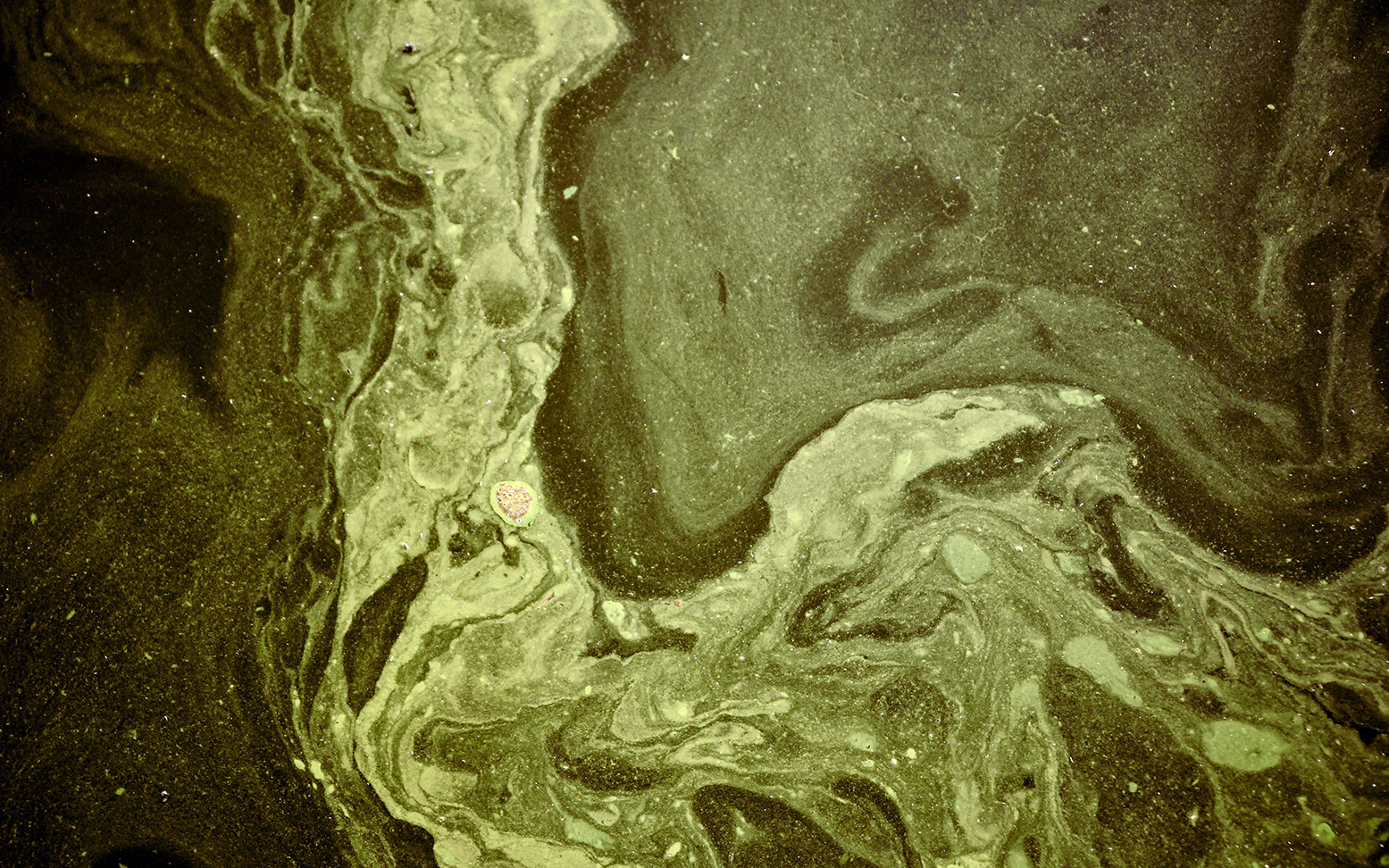All Christians want to believe we have a pure heart, one that is entirely devoted to God. But humans are masters at self-deception. If your heart were impure, how would you know?
Let me suggest a small book by Thomas Watson, a 117th-century pastor. It is actually an extended excerpt of his commentary on the Beatitudes (Matthew 5:3-11) titled The Pure in Heart that is available to download as an ebook free and is incredibly helpful to anyone who wants more intimacy with God. Seriously, I cannot encourage you enough to read that book (click here) especially since it is free (click here) and I have given you the link four times so far (click here)…ok five.
In this book, Watson first describes an impure heart, giving his readers an opportunity for self-examination. This is important because we must first recognize how impure our hearts are before we can repent and pursue purity. So here are a few of his signs that your heart is impure.
An ignorant heart is an impure heart.
Ignorance is bliss, so the old saying goes. But ignorance of God and sin reveals an impure heart.
“Grace cannot reign where ignorance reigns,” Watson wrote. “An ignorant man can have no love to God.”
Remember that ignorance is a lack of knowledge. Watson is not insulting new Christians who have not had time to study Scripture and learn more about the Christ who saved them. However, he is aiming his comment at seasoned Christians who “ought to be teachers… [but] need milk, not solid food” (Hebrews 5:12).
Part of the reason for this bold statement is that an immature understanding of God results in an immature understanding of sin. The more we see God, the more clearly we see our sin. Isaiah’s first response upon seeing the glory of God was to confess his own sin(s) as well as his nation’s (Isaiah 6:1-5).
A self-righteous heart is an impure heart.
Jesus did not come to call the righteous, but the sinner. We know this truth and yet shy away from having it applied to us. That is, unless we are speaking on the universal fact that “we are all sinners.” If someone points out a sin in your life, is your first response to repent, or to defend? When Scripture reveals a fault in your heart, do you meditate, repent, and seek the face of Christ, or do you ignore and harden your heart?
Our response reveals the impurity of our hearts.
A covetous heart is an impure heart.
Watson does an incredible job of describing what covetousness is. To be completely transparent, it brought me to a point of great repentance. He spends several pages defining and describing a covetous heart, going into areas and issues I had no idea were connected to covetousness.
Rather than giving you all the details, allow me to give you his headings as appetizers for what he covers. Covetousness is the root of discontent, theft, treason, murder, perjury, necromancy, fraud and theft, bribery and injustice, idolatry, selfishness and stinginess. It is also the cause of uncleanness and unprofitableness.
There is a reason God includes “You shall not covet” as one of the 10 Commandments and it is a great deal more dangerous than our current Christian culture seems to appreciate.
He who scoffs at purity has an impure heart.
Our initial response to this may be to think, “Of course a person who scoffs at purity has an impure heart.” Our minds may shift to the atheist characters in God’s Not Dead or even Joy Behar who called vice president Mike Pence’s faith a mental disease (for which she later apologized).
But even Christians are guilty of mocking purity. My roommate in college told me he and his girlfriend would not kiss until their wedding day. Some people respected their decisions; others made jokes about it. It was all playful, but the fact that a pursuit of purity can be the object of humor because it is so out-of-place is very telling.
This mocking happens in larger and smaller areas. Some movies split the Christian community. Some believers will buy and quote a film that others will not watch. The mocking can go both ways.
Consider 1 Corinthians 8:1-11. Paul admonishes those who understand they have the liberty to eat meat that has been sacrificed to idols (since idols do not represent real gods) not to become a stumbling block to their brothers and sisters who do not yet have that understanding so have a weaker conscience. He does not condemn either, but leaves room for both to pursue purity. We should have the same attitude.
After seeing myself in every description of an impure heart, I was brought to tears. But thankfully Watson does not leave his readers hopeless and helpless. Instead, he begins describing a pure heart and how to pursue it. An article summarizing his points is upcoming. But if you don’t want to wait that long download the ebook The Pure in Heart for free and read it for yourself.






